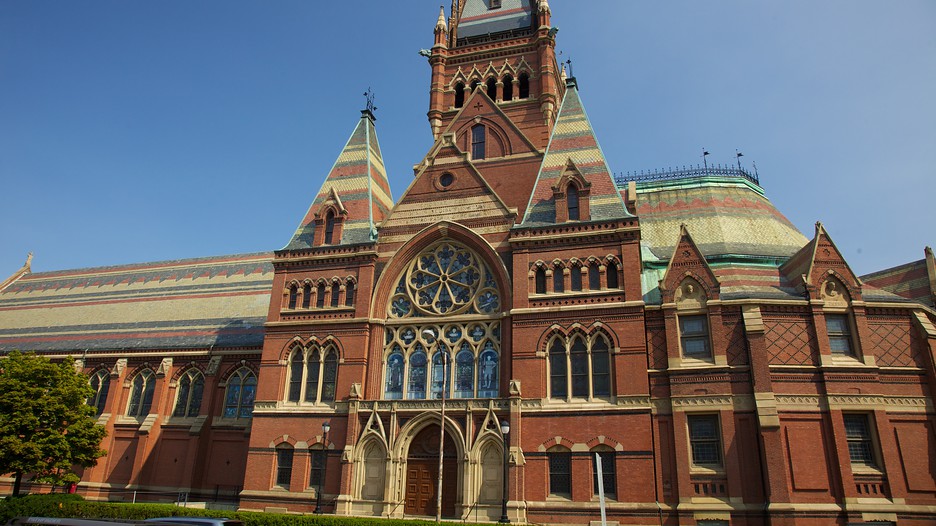
Govt Aranya Bharti College, Baihar BALAGHAT

1. Location
- Baihar: Baihar is a town in the Balaghat district of Madhya Pradesh, known for its natural beauty, forested surroundings, and wildlife. It’s relatively close to Kanha National Park, adding a unique environmental context to the college.
- Balaghat District: Balaghat is in the southeastern region of Madhya Pradesh. The region is primarily rural with a rich cultural heritage and diverse tribal communities, making it an ideal place for a college focusing on local and regional studies.
2. Government Institution
- Since this is a government college, it is funded and managed by the government of Madhya Pradesh. This usually means lower tuition fees compared to private institutions, making it more accessible to students from diverse backgrounds.
- Government colleges also tend to have well-defined academic programs and are generally affiliated with state or central universities, which means their degrees hold good value in the public sector.
3. Affiliation and Accreditation
- Government colleges in Madhya Pradesh are typically affiliated with state universities, like Rani Durgavati Vishwavidyalaya in Jabalpur or Dr. Harisingh Gour University in Sagar, both well-respected institutions. Accreditation ensures that the curriculum and teaching standards meet national education requirements.
- Accreditation also opens the doors for funding and quality improvements, which can positively impact student resources and learning environments.
4. Programs and Courses Offered
- Undergraduate Programs: Colleges like this generally offer programs such as Bachelor of Arts (B.A.), Bachelor of Science (B.Sc.), and Bachelor of Commerce (B.Com.). These courses cater to the needs of the students aiming for foundational education in humanities, sciences, and commerce.
- Postgraduate Programs: Some government colleges also offer postgraduate courses (like M.A. or M.Sc.), though the range depends on resources and faculty availability.
- Vocational and Skill-based Programs: Many government colleges have started offering vocational courses aligned with regional employment opportunities, which could include agriculture, forestry, and environmental sciences in this area.
5. Faculty and Staff
- As a government institution, the college employs faculty members appointed by the state education board or university. Faculty members in government colleges often hold advanced degrees and teaching certifications, which are necessary for upholding academic standards.
- Staff support includes administrative and technical personnel to help with admissions, exam coordination, and daily operations.
6. Facilities and Infrastructure
- Classrooms and Labs: As a rural government college, the infrastructure might be basic but sufficient to accommodate students. Laboratories, especially for science students, are an important part of the college facilities.
- Library: Most government colleges have libraries with a range of books, journals, and resources for students across various disciplines.
- Computer Labs: With digital literacy being crucial, the college may also have computer labs to aid students in learning computer skills, research, and accessing digital resources.
- Sports and Extracurricular Facilities: Depending on the resources available, the college may offer sports facilities like playgrounds and basic indoor sports for students’ physical and mental well-being.
7. Student Support and Scholarships
- Scholarships: Being a government institution, students can access state and central government scholarships based on merit and socioeconomic background, which are designed to support underprivileged and deserving students.
- Career Counseling and Placement: Government colleges often have placement cells that connect students with local and regional job opportunities, though the availability of these services may vary.
8. Student Demographics
- Since it is a government college in a rural area, the student body likely comprises individuals from Baihar and nearby towns and villages, bringing together a diverse mix of cultures and backgrounds.
- The college may also have a significant number of students from tribal communities, reflecting the demographic diversity of the Balaghat district.
9. Research and Community Engagement
- Many government colleges focus on research and engagement activities, especially in subjects relevant to their region. Aranya Bharti College might offer research opportunities or projects related to forestry, agriculture, tribal studies, and environmental conservation given its proximity to natural reserves.
- Community-based projects and extension activities, often a part of the curriculum, encourage students to participate in local development, thereby creating socially responsible graduates.
10. Environmental and Regional Focus
- The name “Aranya Bharti” suggests a focus on forestry, environment, and nature (as “Aranya” means forest). This focus can be highly beneficial for students, as they can study courses related to environmental science, forestry, or rural development—fields especially relevant to Baihar and Balaghat.
- With its close proximity to forest areas, students might get hands-on experience through field studies, internships, or partnerships with local forest departments, which could also aid in career opportunities in government and environmental sectors.
This college offers a unique educational experience shaped by its government backing, rural setting, and potential focus on forestry and regional studies, which can be particularly valuable for students interested in environmental and community development fields.
Courses/Programs
| Serial# | Title | Estimated Cost | Program type |
|---|